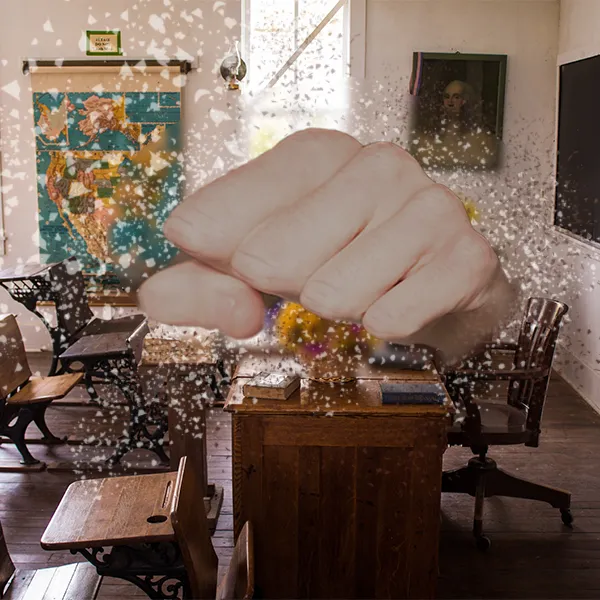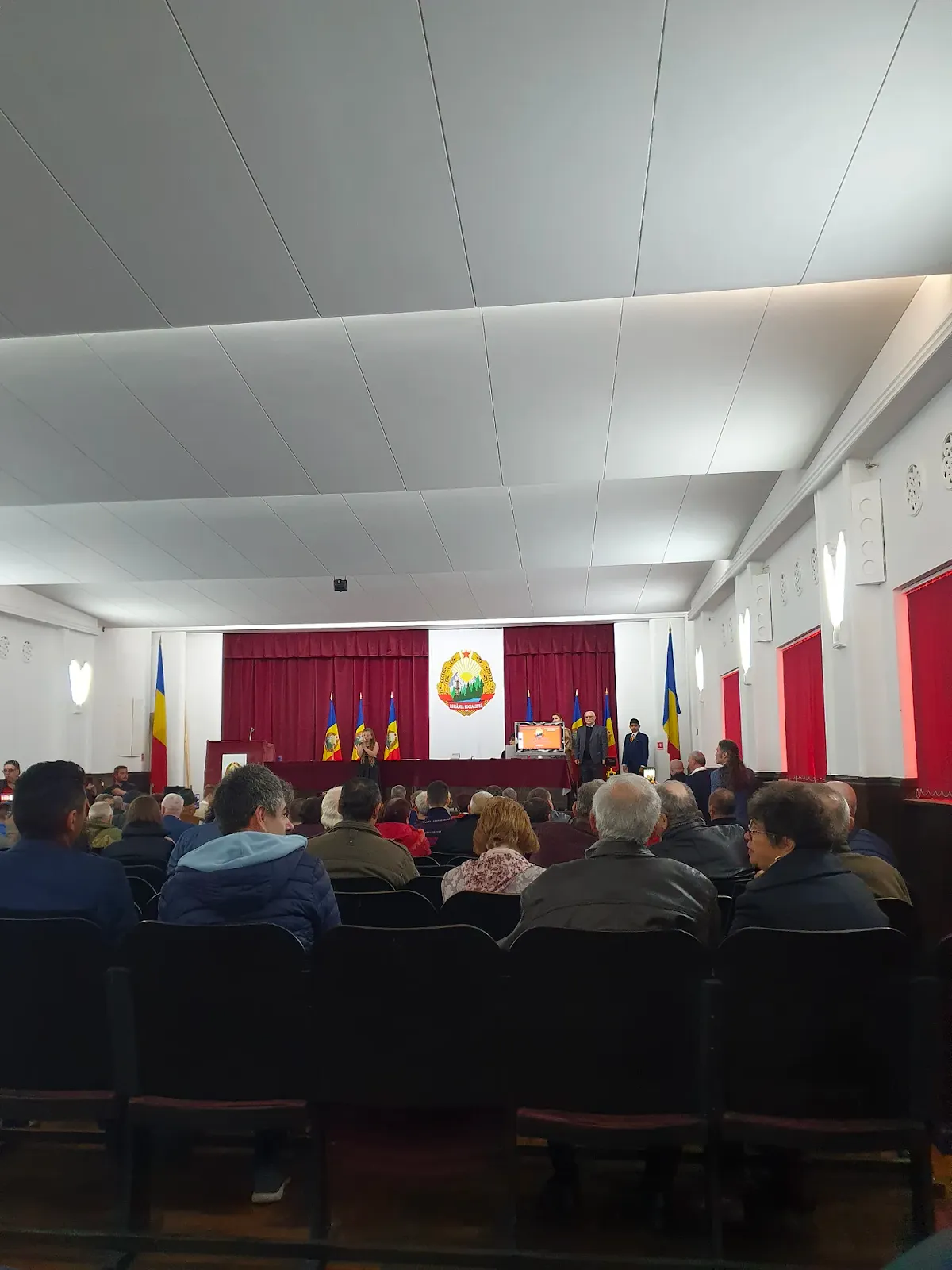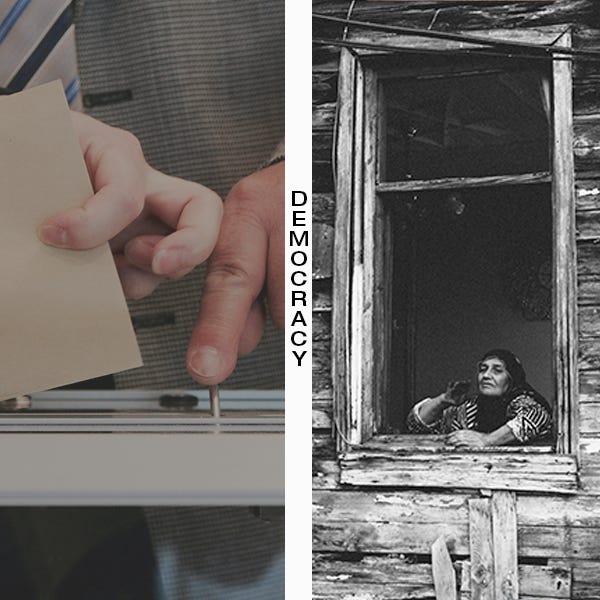Fact-checking is waking up, drunk, and taking a shot of vodka
Ever since the discussion about fact-checking started – it’s been a few years now – I’ve been seriously questioning the viability of this model of “solving” problems related to digital misinformation or, in everyday language, fake news.
Why is it a problem? Because fact-checking or serious documentation in journalism is vital. Sure we all have opinions, sure we can all find infinite shades of grey anywhere, but, you can’t pretend your cat is a race car driver. That’s outright lying, and this is really where you can simply and clearly verify whether you’re lying through your teeth or not.
Why? Because, as we all learned in 9th grade logic, descriptive statements have verifiable truth value. Sure, not all of us learned, as I can ascertain in my college critical thinking class where I rework many of the elements of 9th grade logic. But still. There are a number of statements whose truth value can be verified.
Journalists have a duty to verify information. In spite of this, inflated lies of colossal proportions end up in the mainstream media itself.
Musk was in Romania? Not really
What was seen recently with Elon Musk’s alleged visit to Romania should be included in all journalism textbooks. Public debates should be organized. All major media outlets in Romania claimed that Elon Musk was in our country. The hysteria went on for the whole week-end. Tuesday the police said that they have no record proving that Musk ever entered Romania. And, above all, there should be a radical analysis of the situation, in the sense of radicalism as an explanation that goes to the root of the problems.
I don’t think explanations that tell us about how journalists are shallow and ignorant are worth much. They themselves don’t. I think the ratings rush kills truth at every turn and replaces it with marketable verisimilitude.
The problem is the commercialization of information. Information is not a public good: ours, everyone’s. It is a commodity. And from this point on, anything is possible. The current model of financing media outlets creates these mechanisms in which the rush for audience leads to all kinds of monstrosities.
No ratings, no money. And to have money, you do anything for ratings. A television channel financed directly by the public through subscription seems unthinkable. Even public television has given up the radio-TV tax and now the government is funding it. Which means, at the very least, that it is no longer a public television, but a government television.
Broadcasters, for example, don’t have the money to invest in a serious research department. They don’t have money for special envoys. They don’t have the money to pay reporters to work in shifts and give journalists time to document, research and select information. In most cases journalists barely have time to hear their own thoughts. It all has to be now, pressure to break the news first, with maximum adrenaline in bombarding the public with the hottest story first.
No time for analysis, no time for anything. Yes, we know, it’s been proven that if a person speaks very quickly and in a high-pitched tone people tend to believe them. If she’s also dressed like a stylish connoisseur, you get the impression she’s speaking officially to you, so sit tight and listen.
Amy Goodman, a famous journalist, veteran news presenter, and owner of a youtube channel with over a million subscribers, dresses casually for the news. She’s also old and dresses naturally. Because the idea is that she wants to speak normally to her audience. Peer to peer. She doesn’t want to crush them with her presence.
A couple of years ago my parents came to visit. I installed a big TV for them in the living room. They arrived, and something began to greatly irritate me, giving me a terrible feeling of anxiety. Yes, it was the TV with the sound turned up to near-maximum on the news broadcasts. The music, the staging, the fuss, the tone in which it was spoken, the sequence of frames, everything was likely to shock you, poke your fingers in your eyes, pour words directly into your brain, visually “scream” at you. A lot of people in the press love it. If you tell them it’s not quite right, they look at you funny. In television, they replace documentation with extremely aggressive staging. We haven’t documented it well, but we’re screaming at you loudly by all means.
Our media model is completely bankrupt because it’s too profitable, paradoxically. Or rather, it’s journalism that’s bankrupt because the press is designed as a profitable business.
Fact-checking, or how to wake up from the profit rush by drinking vodka
I still remember a conference on fake news held at BCU. Ever since then I’ve been wondering how fact-checking takes time, and money. Where did the money come from? Because if we introduce fact-checking into the scene, but maintain exactly the same funding model for it, it’s clear: we wake up from our vodka binge! That is, we want to solve a business model problem with the same business model. Only we call it fact-checking. And we don’t ask the question: what does fact-checking eat? Who is he and what does he feed on?
Because, like the journalist, he has two choices: the private sector – and here there is a great risk that he will go the way of commercial television – or the state. The fact that we already have too many fact-checks confirming the versions that officials agree with should scare us a little. Is fact-checking a method of advancing the official agenda clothed in noble intentions? As with television, the sources of funding must be in plain sight.
And not only that. Clearly we need to rethink the whole media system. If we want quality information, we have to pay for it. Major investments in public media institutions with direct funding from us, the citizens, would be an infinitely better solution than the current patchwork.
Let the pigeons fly in the press and then come up with fact-checking. And let the good citizen first read the press and then go quietly to fact-check himself, to see if what he has read is true. Interesting outsourcing of responsibility, isn’t it?
This article was originally published in Romanian here.
The Barricade is an independent platform, which is supported financially by its readers. If you have enjoyed reading this article, support The Barricade’s existence! See how you can help – here!
Also, you can subscribe to our Patreon page. The Barricade also has a booming Telegram channel, a Twitter account and a YouTube channel, where all the podcasts are hosted. It can also be followed in Rumble, Spotify, SoundCloud and Instagram.











